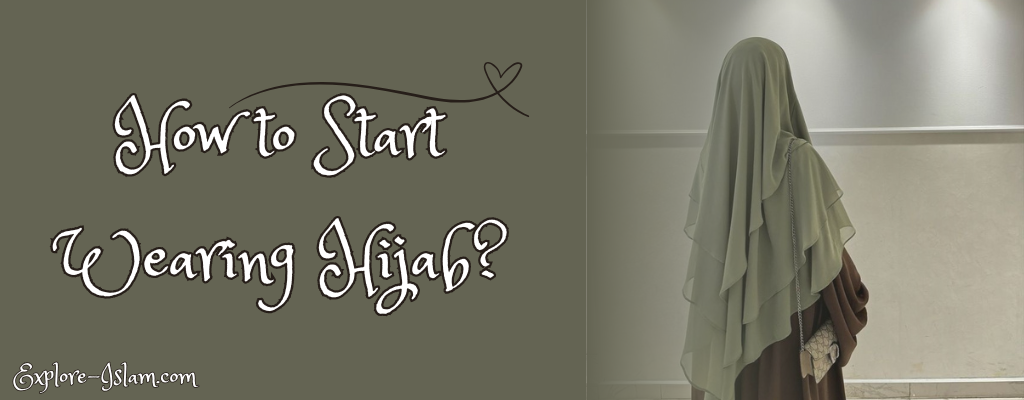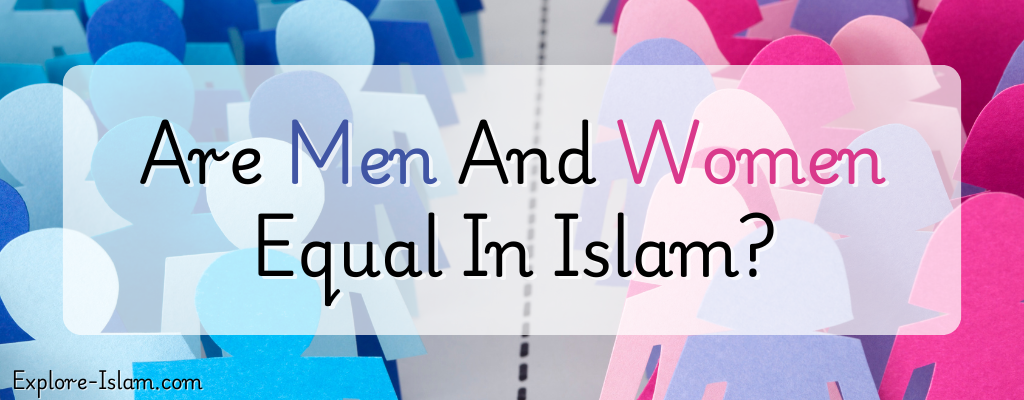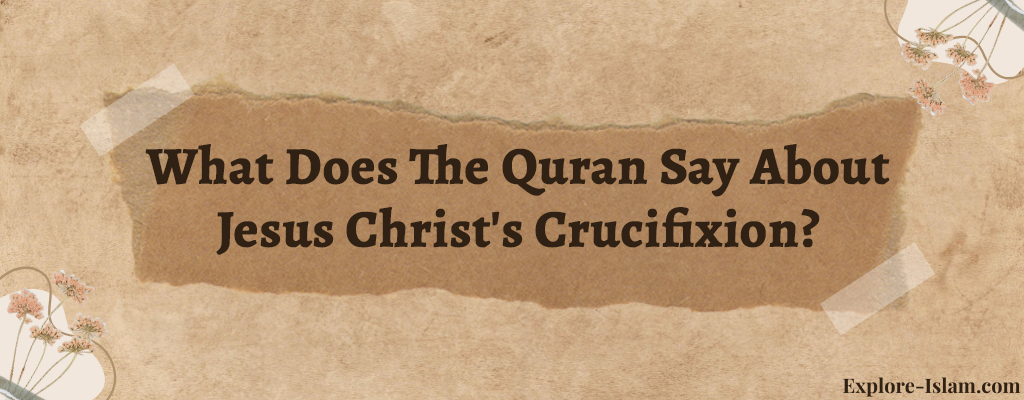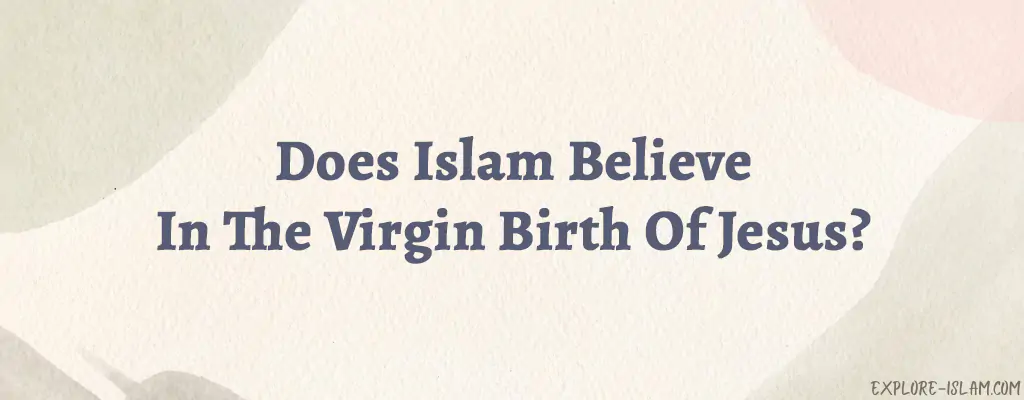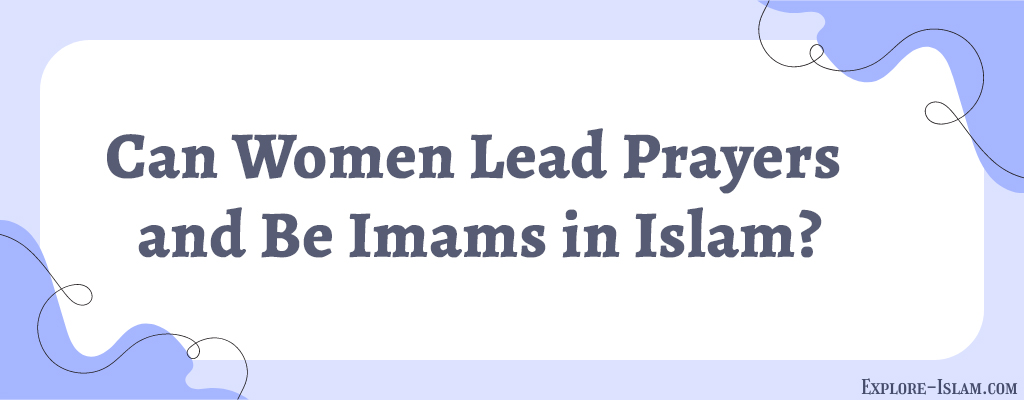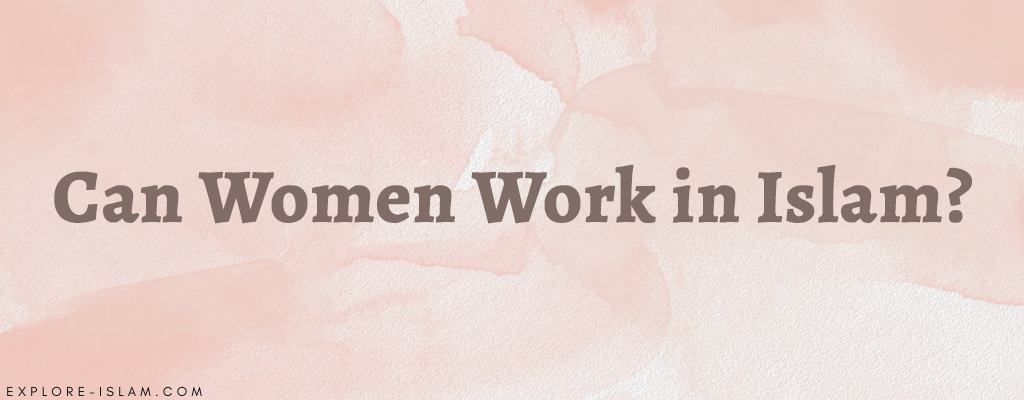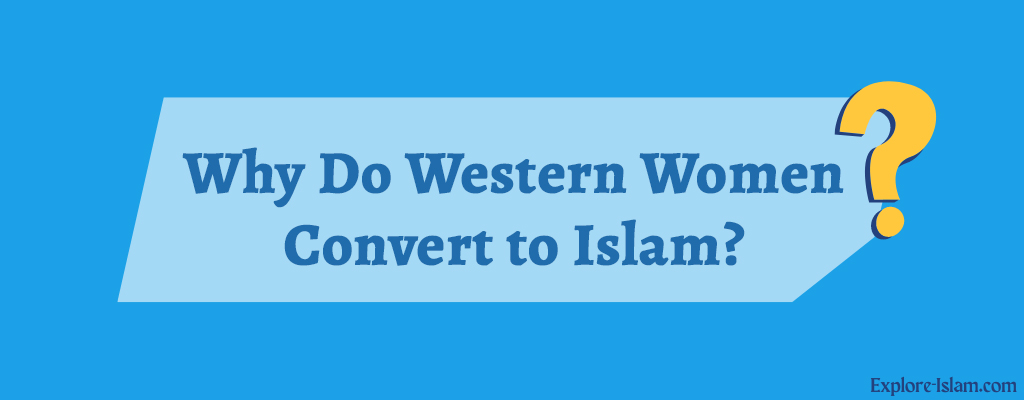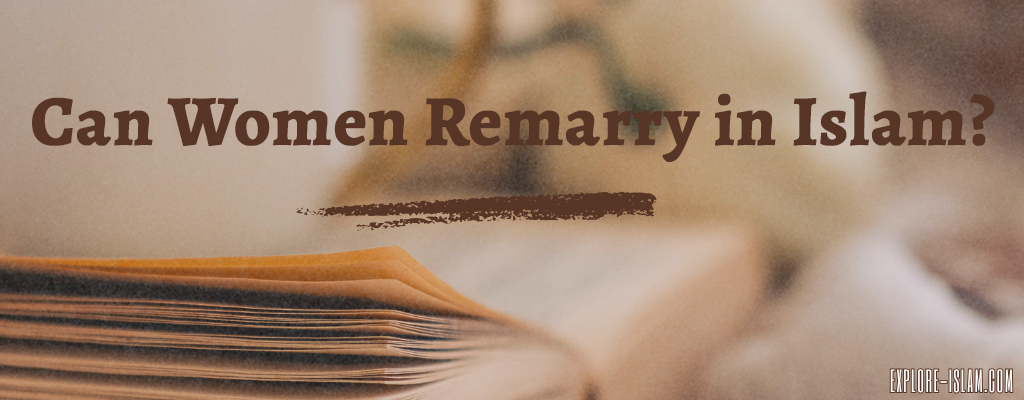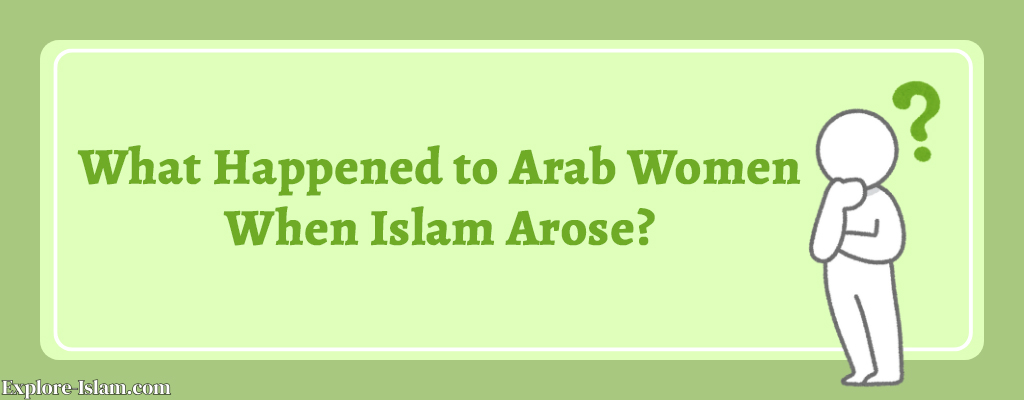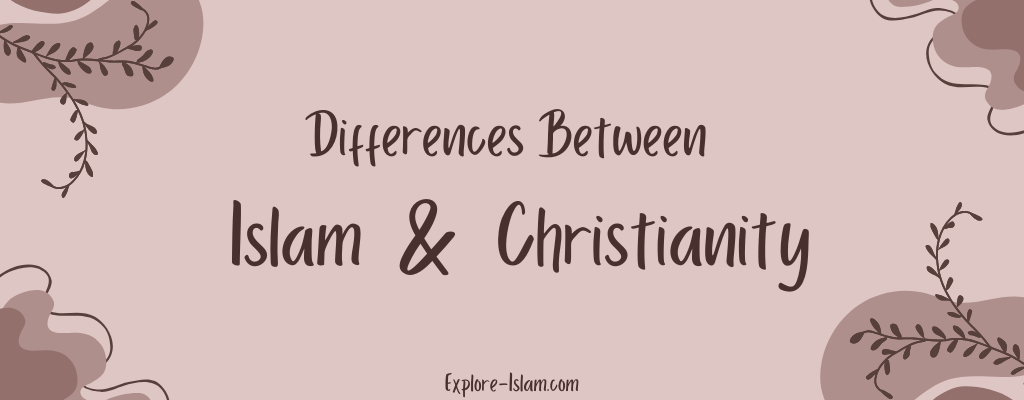Let’s take advantage of the introduction to go over some fundamental ideas again: the hijab is more than just a piece of cloth; it’s an act of worship, a declaration of faith, and a profound connection with Allah Subhanahu wa Ta’ala. Wearing hijab is a commandment, a sign of modesty, and a protection, as Allah […]
Islam emphasizes fairness and complementary roles between men and women, rather than absolute equality or sameness.
This question of beating wives in Islam often arises from a specific verse in the Qur'an, sparking heated debates and leading to widespread misconceptions about Islamic teachings on gender relations.
Islam believes Jesus was saved from crucifixion, with another person resembling him being crucified instead.
Islam affirms Jesus' virgin birth as a miracle, respecting Mary’s purity. Jesus is revered as a prophet, not as divine or the son of God.
Leading prayer in Islam has great significance and rewards. Can women serve as Imams and lead congregational prayers?
slam allows women to work and pursue careers, with no restriction to domestic roles. Faith and profession can coexist.
Women are converting to Islam at a notable rate in the West, outnumbering male converts, especially in the US and UK.
The question of whether Islam permits the beating of a wife is often misunderstood and misrepresented. It is crucial to approach this sensitive topic with an understanding of Islamic teachings, which emphasize justice, compassion, and the importance of mutual respect between spouses.
Islam values education equally for men and women, debunking the misconception that it opposes women's education.
Islam emphasizes education as a sacred duty for all, regardless of gender. The notion that it opposes women's education is a misconception.
This guide compares Islam and Christianity, highlighting similarities and differences in their views on Jesus and the Bible.

